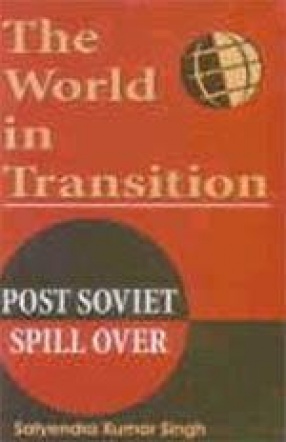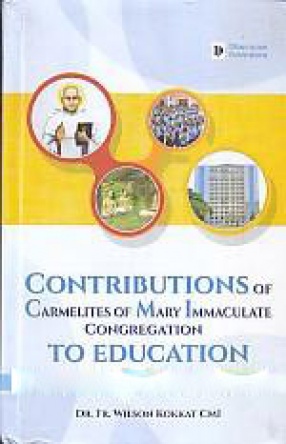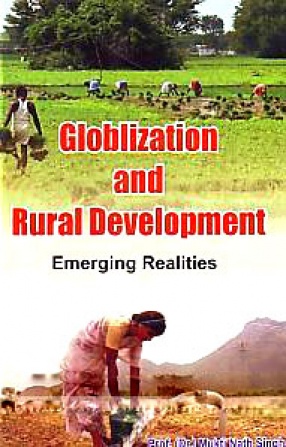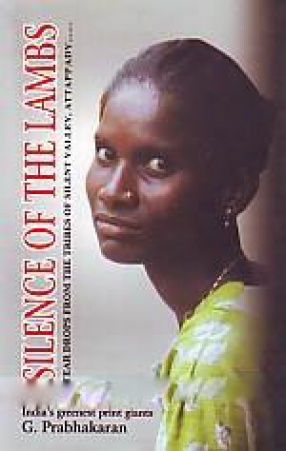Subtotal: $19.95
The World in Transition: Post Soviet Spill Over
In stock
The political earthquake that shattered the Soviet Union had its epicentre in Moscow, but the after shocks are still being felt farther afield even in far flung regions of the world. So high up on the Richer Scale was the blast that world would never again be the same. Undoubtedly from our vantage point at the twilight of the new millennium, the world particularly in the aftermath of the dissolution of the USSR has undergone a fundamental transformation. Previously established patterns and relationships have been obliterated. Something revolutionary, not simply new, has unfolded. The prevailing situation in the newly independent states of the erstwhile Soviet Union is politically volatile, economically chaotic, socially fragile and institutional structure are brittle. As of today the very survival of the Commonwealth of Independent States (CIS) is at stake. The forces of nationalism are relentlessly pushing ahead, unleashing new political dynamics. The banner of freedom is fluttering everywhere ranging from Afghanistan (Taliban) to Chechniya, and the US is obviously jubilant over these developments and may be even hoping to play an influential role in the future of the break-away republics. Against this backdrop the swift routing of the Taliban after September 11, 2001 and the management of the Indo-Pakistan military confrontation since December 13, 2001 terrorist attack on Indian Parliament have made the Americans and their Anglo-Saxon cousins the most influential external players in the Indian subcontinent. The return of the Anglo-Saxons to the subcontinent does not bring much cheer to the Europeans, Russians and the Chinese who have had to settle for a secondary role in defeating the Taliban and defusing the Indo-Pakistan tensions. As the Bush administration took charge after September 11, 2001 incident, the other powers had to extend support or keep their reservations to themselves. Within the Indian subcontinent, the Russians and the Chinese are constrained by the lack of political credit with both the rivals. Beijing has little leverage in New Delhi and Moscow even less in Islamabad. That has left the field open to Washington, which has expanded its ties to New Delhi in recent years and retained its influence in Islamabad, to defuse the latest Indo-Pak crisis. Britain naturally gets the award for the best supporting role. The Europeans will certainly learn to live with the rising profile of the US in the subcontinent. But what about Russia and China who see America mucking around, rather successfully, in regions adjoining them? The prospect of long-term American military presence and political influence in Central Asia and the subcontinent is certainly not appealing to Moscow and Beijing.

 Flowering Plants and Ferns of Ceylon
Flowering Plants and Ferns of Ceylon 



There are no reviews yet.